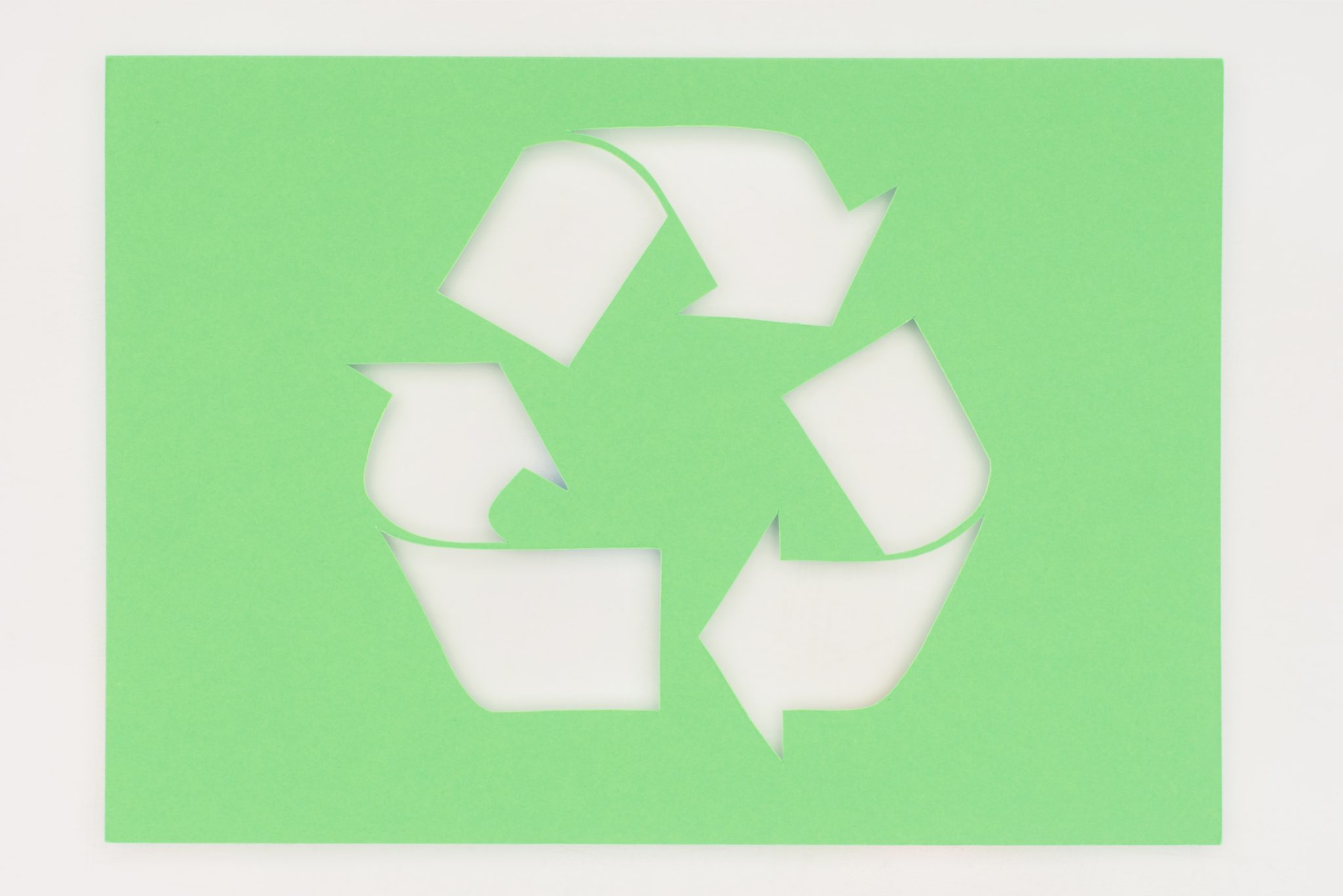
Plastic bottle recycling equipment typically consists of (15) critical components, including conveyors, unpacking, drum screening, label removal, sorting, crusher, pre-cleaning, high-speed friction washing, hot washing, dewatering, color sorting, eddy current, drying, storage silos, electrical control cabinets, etc., each of which uniquely ensures bottle cleanliness, safety, and compliance.
Reduce environmental pollution through plastic bottle recycling equipment.
Pet plastic bottles are one of the most common types of plastic waste. Pet plastic takes centuries to degrade naturally and poses a major environmental hazard.
Traditional methods of plastic waste management, such as landfills and incineration, are not only unsustainable, but also contribute to the reduction of arable land, the reduction of the ozone layer and water pollution.
Plastic bottle recycling equipment not only plays a vital role in solving the plastic waste problem. Moreover, the bottle flakes produced by plastic bottle recycling equipment can be sold directly or produced into high quality plastic particles by pelletizing equipment, increasing the sustainability of pet plastics.
Critical components of Plastic bottle recycling equipment
conveyors
- The all-metal structure of the sunken metal chain plate conveyor increases the durability and pressure resistance of the equipment. Forklifts can be used to directly transport the packed PET bottle bricks to the conveyor, reducing manpower.
unpacking
- Breaking up bundled PET bottle bricks
drum screening
- Major impurities such as sediment, sand, and stones are removed through the drum’s apertures of different sizes.
label removal
- Most of the labels on PET bottles are PVC. In order to ensure the quality of PET bottle flakes, the label removal machine can achieve a removal rate of 98%.
manual sorting
- Through manual sorting, bottles that are not made of PET can be sorted out to improve the quality of bottle flakes.
crusher
- Break down discarded PET bottles into small scraps that can be further processed.
pre-cleaning
- The broken bottle pieces enter pre-cleaning to remove a large amount of easy-to-clean magazines.
high-speed friction washing
- The bottle pieces pass through high-speed friction bearings to increase friction, and by injecting high-pressure water, chemicals and impurities are effectively removed.
hot washing
- Hot washing with chemicals to remove oil, impurities, labels
dewatering
- remove moisture
color sorting
- Sorting bottle pieces of different colors
eddy current
- Remove metal impurities
drying, storage silos
- Using a fan, the bottle flakes pass through the heating pipe to further remove the water content.
storage silos
- Finished product storage
electrical control cabinets
- An important part of fully automatic plastic bottle recycling equipment
These components work together to form a continuous system that converts discarded PET bottles into clean, recoverable raw materials.
PET BOTTLE WASHING LINE product description
Plastic bottle recycling equipment: Optimize equipment structure
- Boxin recommends which cleaning agents to use based on the level of contamination of the bottles, the equipment used and environmental regulations.
- Cleaning temperature and time should be adjusted according to the cleaning agent and type of PET bottle. Higher temperatures and longer rinse times may result in more stubborn reorganization, but also increase energy costs and the risk of bottle deformation.
- Multi-stage cleaning involves the use of multiple cleaning tanks, each using different detergents and temperatures. This method improves cleaning efficiency and improves the production quality of bottle flakes
- uses energy-efficient motors and pumps to reduce power consumption.
- introduces a water recovery system to minimize fault generation and freshwater usage.
- Establish an effective quota and management system to handle recyclable and non-recyclable quotas separately.
- Work with emissions treatment vendors to ensure that emissions are adequately treated and discharged.
- Regularly monitors and undermines data related to energy efficiency, water management, and emissions treatment.
- Continuously monitor environmental regulations and standards and promptly adjust operational procedures to meet requirements.
By practicing these energy-saving and sustainable measures, the PET bottle washing line minimizes environmental impact while ensuring clean and safe finished product quality.
